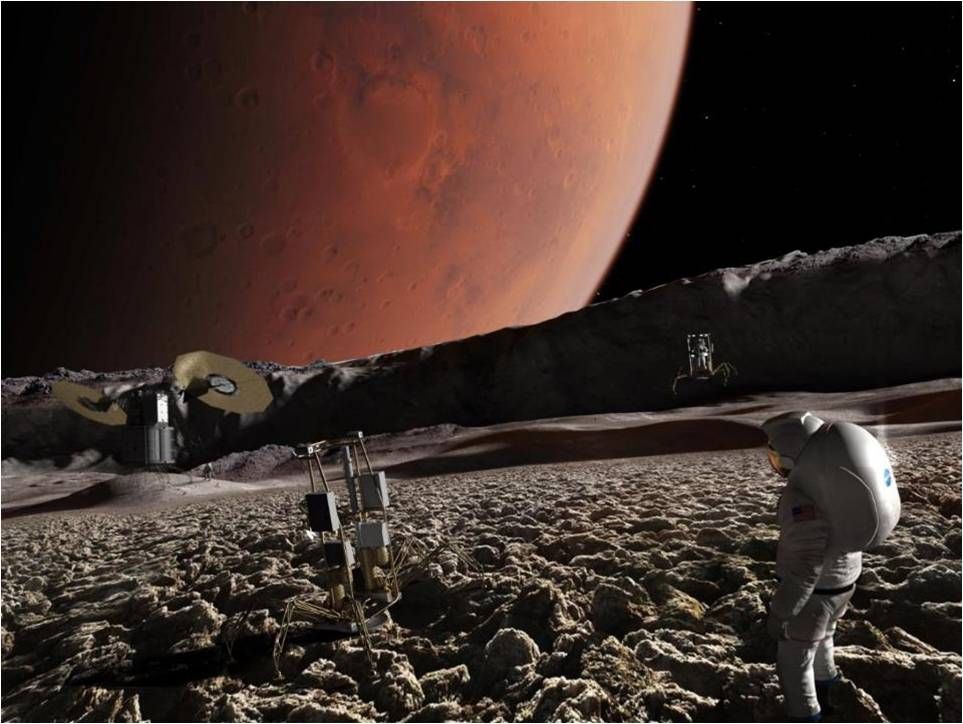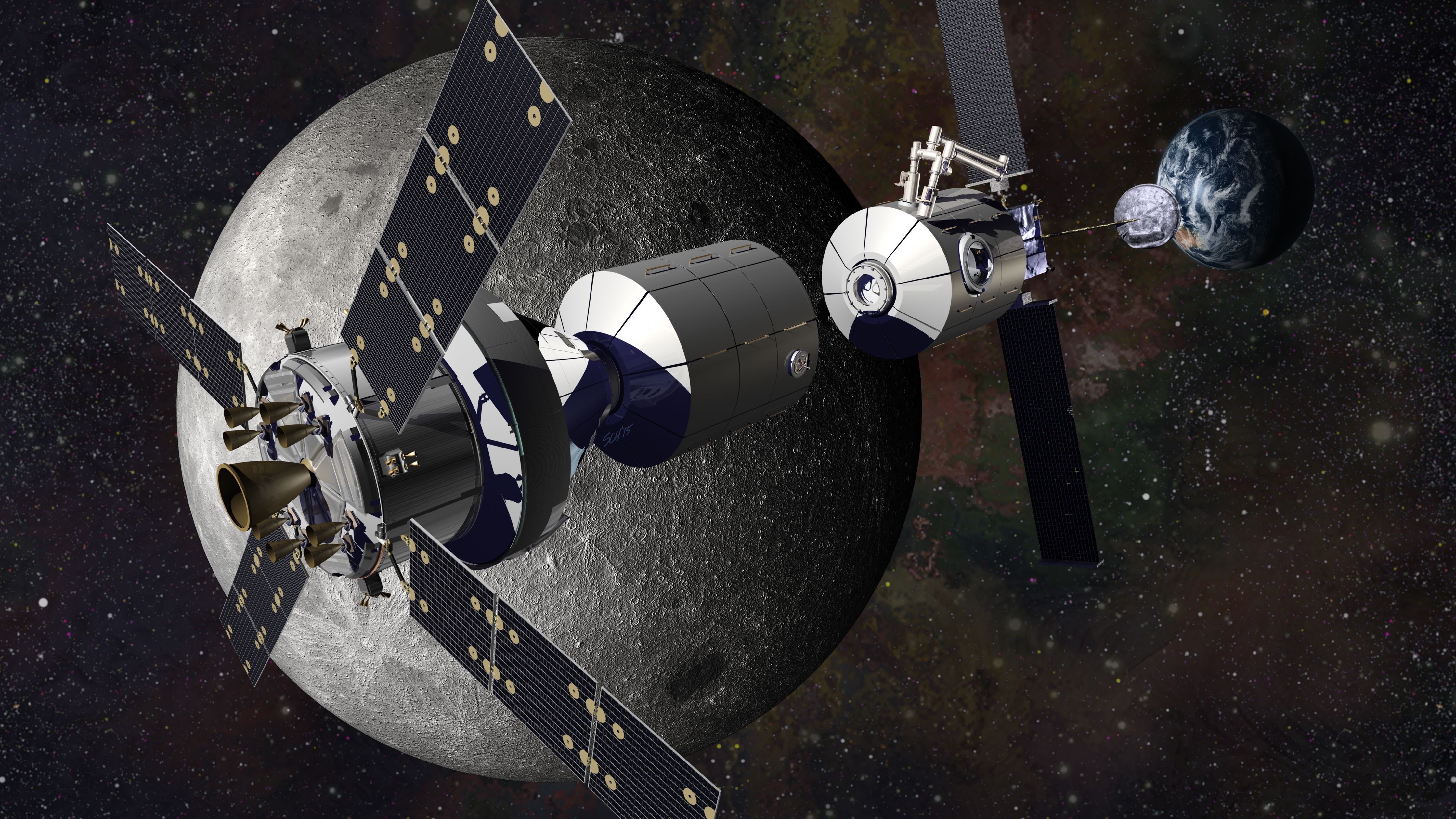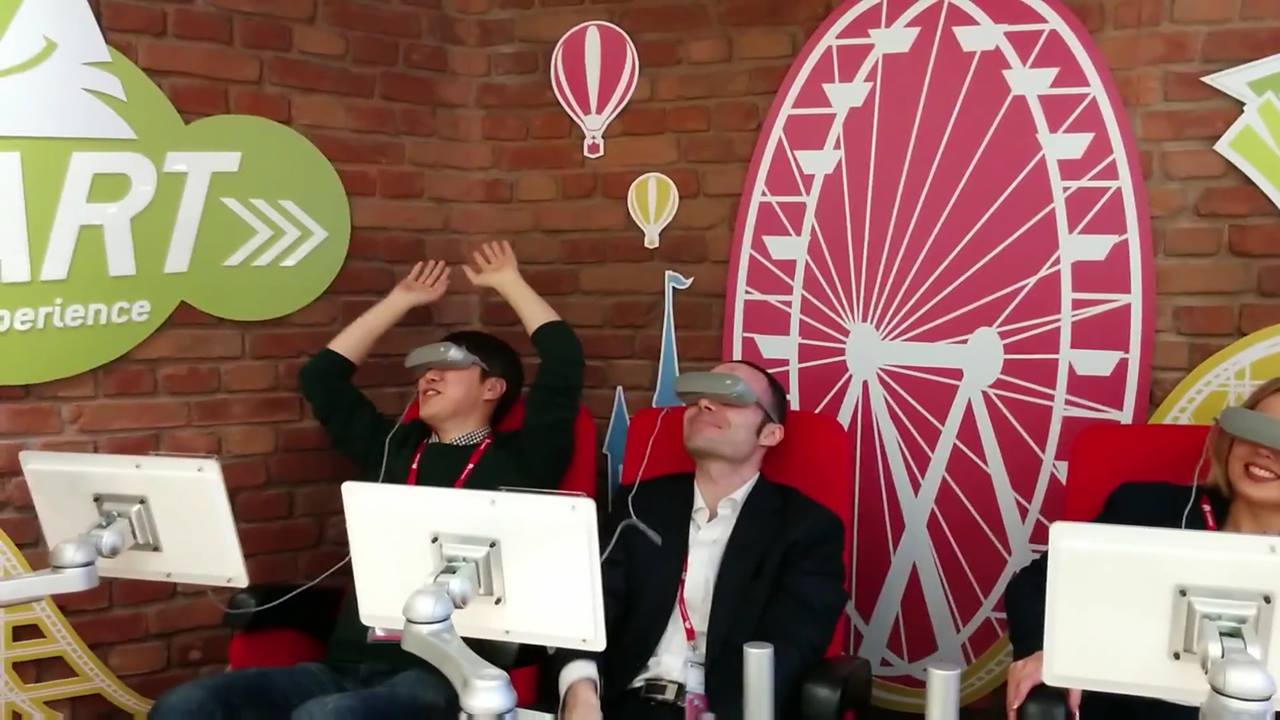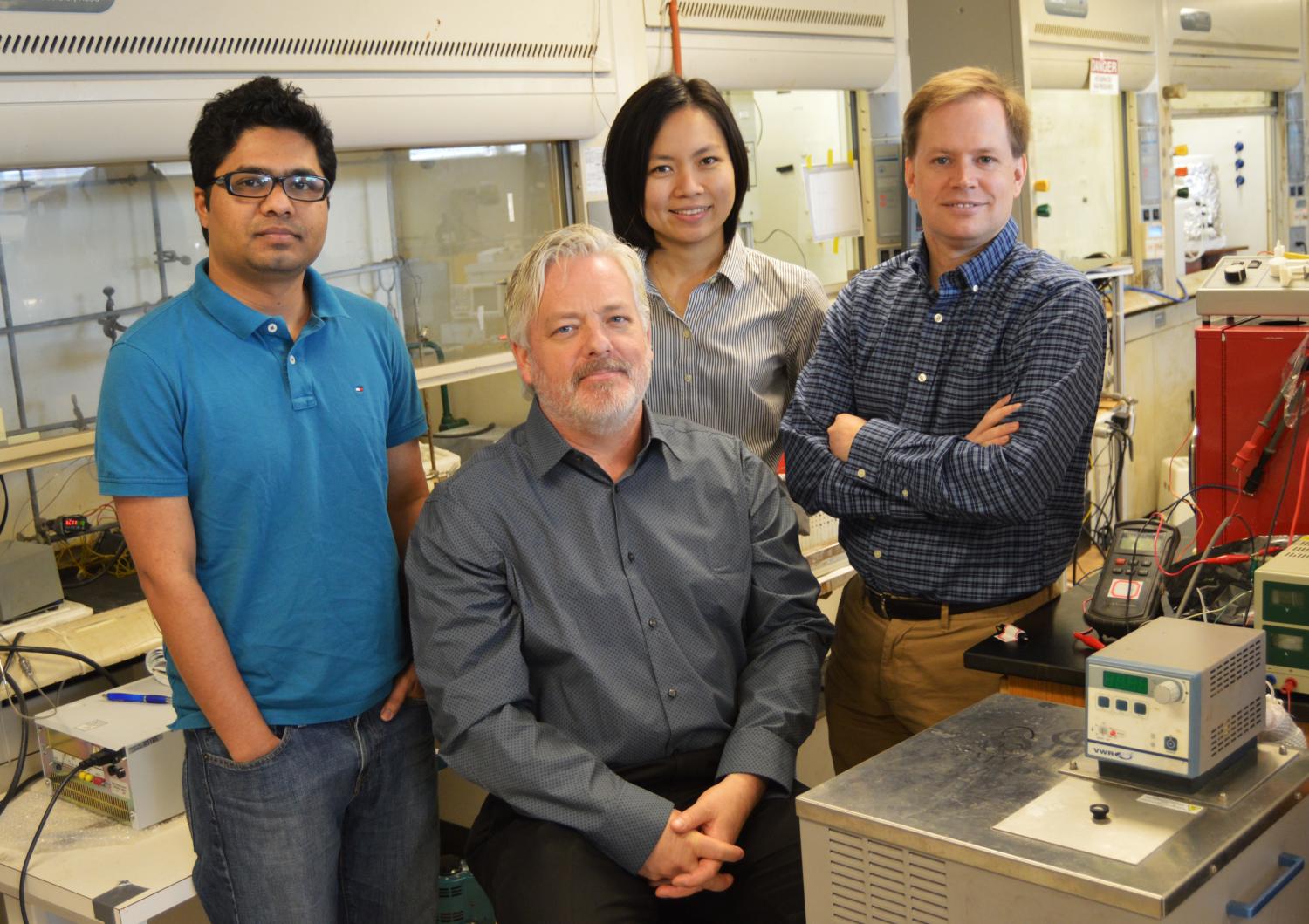Page 11694
Feb 23, 2016
Orison – Rethink the Power of Energy
Posted by Klaus Baldauf in categories: energy, habitats
Feb 23, 2016
Homesteading in Space: White House Science Office Seeks Sci-Fi Inspiration
Posted by Klaus Baldauf in categories: policy, science, space
Today at the California NanoSystems Institute/ UCLA in Los Angeles, California, the White House Office of Science and Technology Policy (OSTP) co-sponsored a look at humanity’s space future.
Feb 23, 2016
Play nice! How the internet is trying to design out toxic behavior — By Gaby Hinsliff | The Guardian
Posted by Odette Bohr Dienel in categories: big data, computing, education, ethics, information science, internet
“Online abuse can be cruel – but for some tech companies it is an existential threat. Can giants such as Facebook use behavioural psychology and persuasive design to tame the trolls?”
Feb 23, 2016
Graphene May Soon be Produced Commercially, Thanks to a Chance Discovery
Posted by Shailesh Prasad in categories: electronics, materials, solar power, sustainability
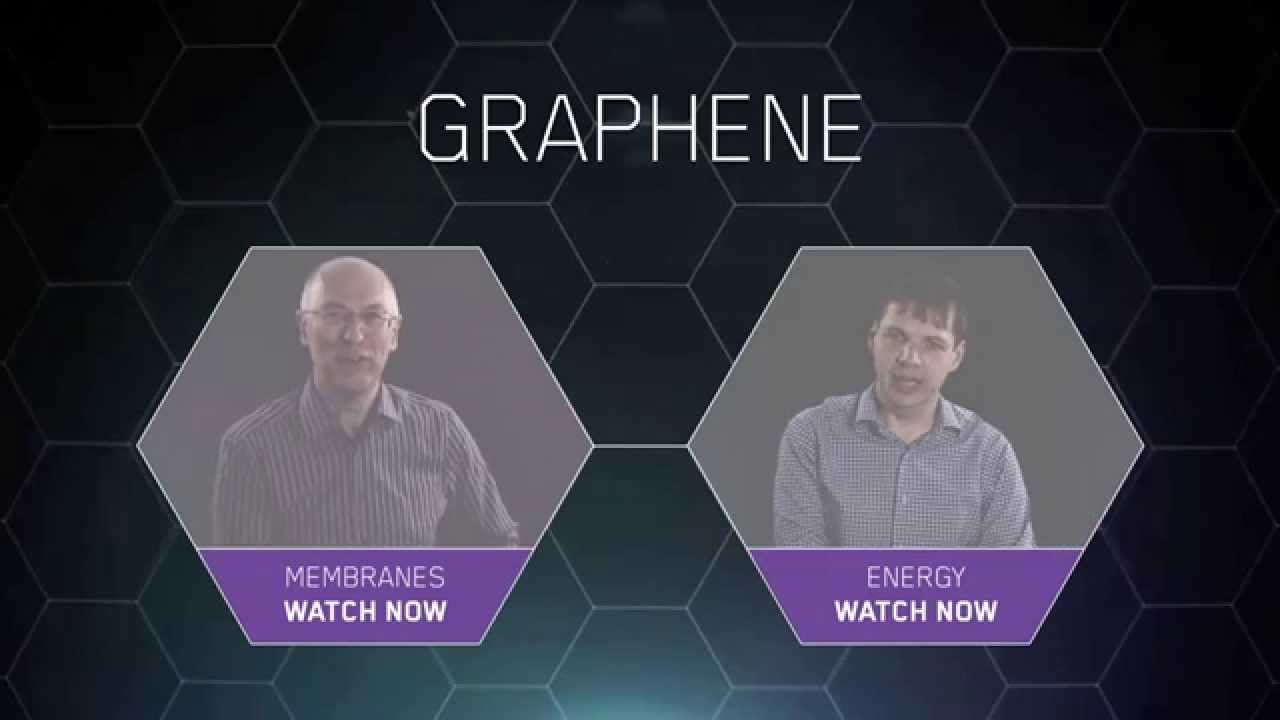
Graphene is too delicate to be produced commercially, but it seem that scientists have now stumbled upon the correct method of tuning it.
Graphene has many extraordinary properties. It is carbon, but it comes in the form of a two-dimensional, atomic thick, honeycomb lattice.
Continue reading “Graphene May Soon be Produced Commercially, Thanks to a Chance Discovery” »
Feb 23, 2016
Plans Being Devised for Human Outpost Near the Moon
Posted by Klaus Baldauf in categories: habitats, space
GOLDEN, Colo. — Researchers are mapping out how to build a human outpost in cislunar space — the region around Earth’s moon.
The ongoing work is expected to help plot out other deep-space trips, such as the journey to a near-Earth asteroid and the larger leap to distant Mars.
Under NASA’s Next Space Technologies for Exploration Partnerships (NextSTEP) Projects, scientists and engineers are examining how best to utilize NASA’s Orion deep-space crew capsule and future human habitats to set up a cislunar outpost. [Visions of Deep-Space Stations (Gallery)].
Feb 23, 2016
LG VR 360 viewer reactions at MWC 2016
Posted by Shailesh Prasad in category: virtual reality
Feb 23, 2016
LG steps back into VR with new lightweight headset
Posted by Shailesh Prasad in categories: mobile phones, virtual reality

More from Mobile World Congress 2016: http://bit.ly/24mukpB
Forgoing the use of a phone as its display, LG’s VR headset features two independent screens and connects to your handset with a USB Type-C connection.
Watch more CNET videos: http://www.cnet.com/video
Follow CNET on Twitter: http://twitter.com/CNET
Follow CNET on Facebook: http://www.facebook.com/cnet
Feb 23, 2016
Google Researchers Make Quantum Computing Components More Reliable
Posted by Klaus Baldauf in categories: computing, quantum physics
Researchers from a university and Google demonstrate a crucial error-correction step needed to make quantum computing practical.
Feb 23, 2016
Proven one-step process to convert CO2 and water directly into liquid hydrocarbon fuel
Posted by Montie Adkins in categories: chemistry, sustainability, transportation
Our next step is to develop a photo-catalyst better matched to the solar spectrum,” MacDonnell said. “Then we could more effectively use the entire spectrum of incident light to work towards the overall goal of a sustainable solar liquid fuel.
A team of University of Texas at Arlington chemists and engineers have proven that concentrated light, heat and high pressures can drive the one-step conversion of carbon dioxide and water directly into useable liquid hydrocarbon fuels.
This simple and inexpensive new sustainable fuels technology could potentially help limit global warming by removing carbon dioxide from the atmosphere to make fuel. The process also reverts oxygen back into the system as a byproduct of the reaction, with a clear positive environmental impact, researchers said.


